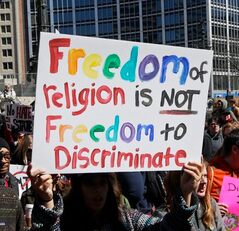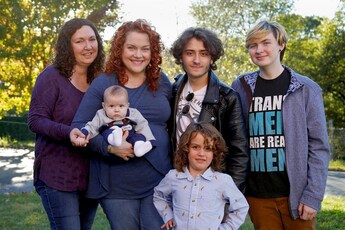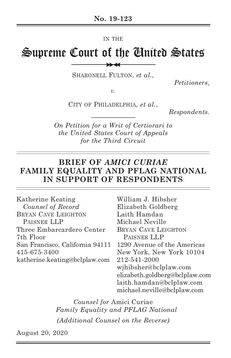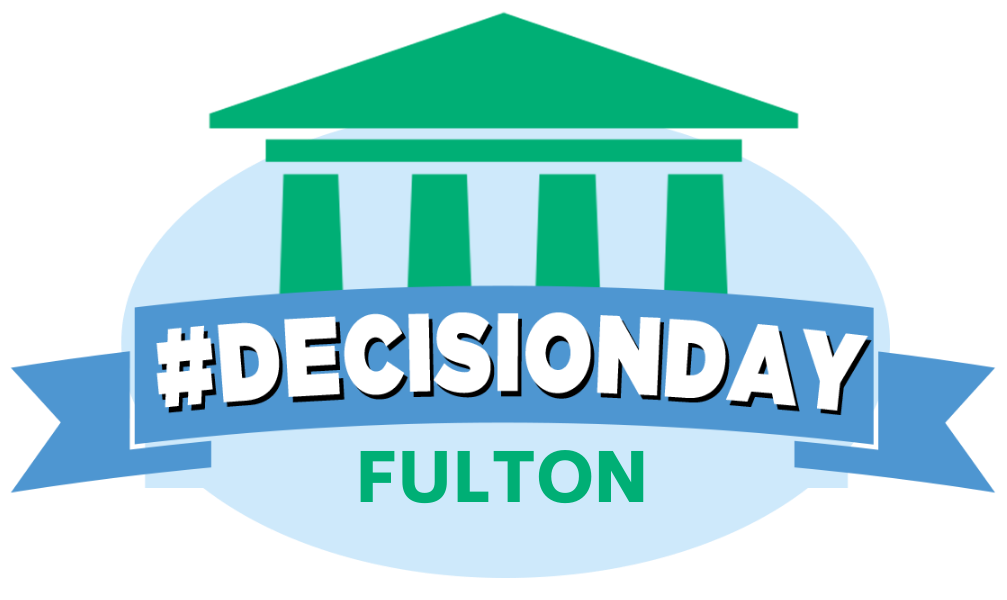What is this all this about?

In May 2018, Catholic Social Services (“CSS”), a faith-based foster care agency filed a lawsuit against the City of Philadelphia with whom it had a contract to provide public child welfare services. Despite the nondiscrimination provision in the City’s contract with CSS (and all other contractors), CSS refused to license same-sex couples to be foster parents based on religious objections.
When the City told CSS that it had to comply with the nondiscrimination requirement or its contract would not be renewed, CSS sued the City, claiming that requiring CSS to abide by the generally applicable nondiscrimination requirement for contractors violated the free exercise of religion, even though CSS chooses to be a contractor and accept taxpayer funds to provide the public service of child welfare. The federal trial court and federal appeals court rejected CSS’s argument and ruled for the City, finding that CSS’s religious Free Exercise rights were not violated. CSS appealed to the United States Supreme Court, and in February 2020, the Court agreed to take the case. Oral argument were heard in November 2020.
When the City told CSS that it had to comply with the nondiscrimination requirement or its contract would not be renewed, CSS sued the City, claiming that requiring CSS to abide by the generally applicable nondiscrimination requirement for contractors violated the free exercise of religion, even though CSS chooses to be a contractor and accept taxpayer funds to provide the public service of child welfare. The federal trial court and federal appeals court rejected CSS’s argument and ruled for the City, finding that CSS’s religious Free Exercise rights were not violated. CSS appealed to the United States Supreme Court, and in February 2020, the Court agreed to take the case. Oral argument were heard in November 2020.
What's at stake here?

Fulton is poised to be a landmark case on the question of whether religiously-based social welfare organizations that receive taxpayer dollars through local government contracts can be exempt from the government’s nondiscrimination laws. The decision in Fulton could mean that nearly any religious entity, or even a private company asserting its religious beliefs, would have permission to refuse to serve or work with anyone simply because of who they are. This could include denying services to people who are LGBTQ+, single women, divorced, Jewish, Muslim or Mormon people.
So many people rely on government-funded entities like CSS to fulfill essential needs — for food, housing, health care, and more. This case could lay the foundation for the reversal of protections on which the most vulnerable in our community rely to ensure equal access to goods and services. It could also require the government at all levels to fund discriminatory groups. If the Court rules for discrimination it could introduce a broad exemption to nondiscrimination laws that would undermine Constitutional equal protection guarantees and introduce a dangerous and unworkable scheme into local, state, and federal lawmaking.
So many people rely on government-funded entities like CSS to fulfill essential needs — for food, housing, health care, and more. This case could lay the foundation for the reversal of protections on which the most vulnerable in our community rely to ensure equal access to goods and services. It could also require the government at all levels to fund discriminatory groups. If the Court rules for discrimination it could introduce a broad exemption to nondiscrimination laws that would undermine Constitutional equal protection guarantees and introduce a dangerous and unworkable scheme into local, state, and federal lawmaking.
What do the experts say?

Over 1,000 people filed 46 friend of the court briefs in support of the City of Philadelphia and keeping existing nondiscrimination protections including:
- Republican lawmakers, and over 100 members of Congress including Democratic leadership from both the House and the Senate.
- The Anti-Defamation League, Sikh Coalition and numerous other faith organizations, as well as hundreds of clergy members from diverse faith communities, expressing concern about the impact on minority faith communities if government service providers can exclude participants who do not meet their religious standards.
- Prospective foster parents who were turned away by child-placement agencies because of their faith or sexual orientation.
- National and local child welfare organizations concerned about the impact of a ruling on the 440,000 children in the child welfare system in need of loving families.
- Former foster youth who were placed in group homes and aged out of foster care due to the lack of available families. They urge the court not to establish a right to discriminate against qualified families, which would make it even harder to find families for children who need them.
- Nearly half of states and dozens of cities and mayors concerned about the ability of the government to provide critical services without discrimination.

